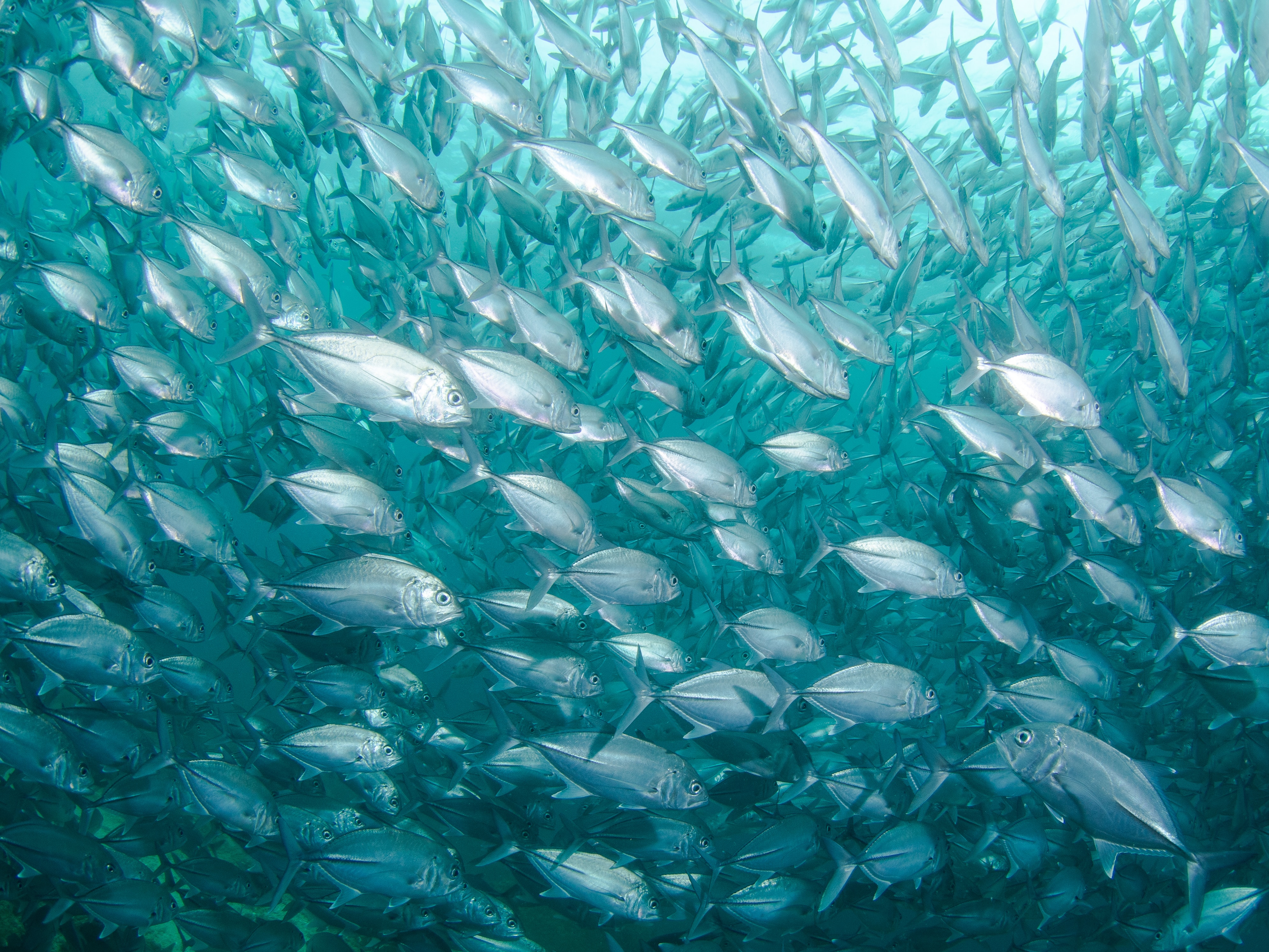Fisheries need managing to keep plenty of fish in the sea
Embargoed until:
Publicly released:
2020-01-14 07:00
A global study analysing how well fisheries management schemes are at preventing population decline, including data from New Zealand and Australia, finds areas where fish numbers are being managed - roughly half of the world’s fish catch - stocks remain mostly steady. But the other half is not properly assessed or managed, leaving vast areas prone to overfishing, with harvest rates three times greater than managed fisheries, and baseline fish stocks contain around half the number of fish. Since little is known about these unmanaged areas, the authors suggest sustainable fishing management tools need to be made more widely available.
Journal/conference: PNAS
Link to research (DOI): 10.1073/pnas.1909726116
Organisation/s: University of Washington, USA; Fisheries New Zealand, MPI; CSIRO
Funder: All authors are involved in fisheries management or provide fisheries advice in ways that can be viewed as competing interests. Many are employed by national fisheries agencies or nongovernmental organizations that advocate for specific fisheries policies. The academic scientists have received funding from sources that include government fisheries agencies, fishing companies, and environmental nongovernmental organizations.
This paper is a product of a Science for Nature and People Partnership working group at the National Center for Ecological Analysis and Synthesis, funded by The Nature Conservancy and The Wildlife Conservation Society.
Media Release
From: PNAS
Improving fish stocks with fishery management
A study examines how improved fishery management has increased fish stock abundance. Fish stocks are vital to the global food system. However, overfishing of some stocks is contributing to decreasing abundance. To estimate the loss of potential yield from fishing pressure, Ray Hilborn and colleagues used the RAM Legacy Stock Assessment data as of 2016 that included stock data from six continents, accounting for approximately 50% of the world’s fisheries catch. Fishing pressure was significantly correlated with changes in stock abundance and management intensity of fisheries. The authors estimated that excessive fishing pressure is currently responsible for approximately 3–5% loss of potential yield from global marine fisheries where data are available. In regions where fisheries are intensively managed, legislation and fishery management changes decreased fishing pressure while stock abundance improved—in some cases, above target levels. Compared with regions with highly developed fishery management, regions with less developed fishery management had approximately three-fold greater harvest rates. The findings suggest additional management initiatives may help sustain fisheries in countries with high fishing pressure, according to the authors.
Attachments:
Note: Not all attachments are visible to the general public



Expert Reaction
These comments have been collated by the Science Media Centre to provide a variety of expert perspectives on this issue. Feel free to use these quotes in your stories. Views expressed are the personal opinions of the experts named. They do not represent the views of the SMC or any other organisation unless specifically stated.